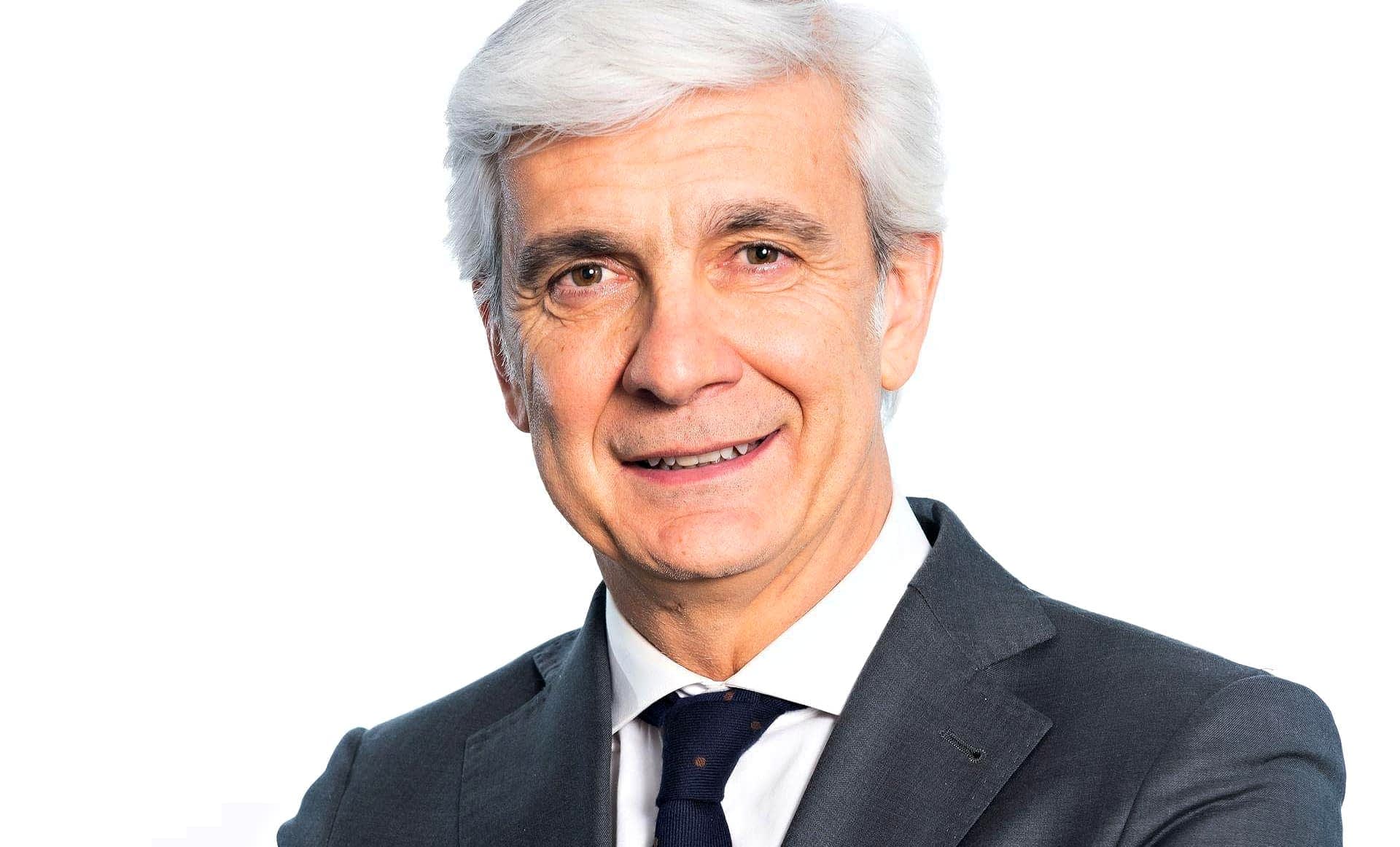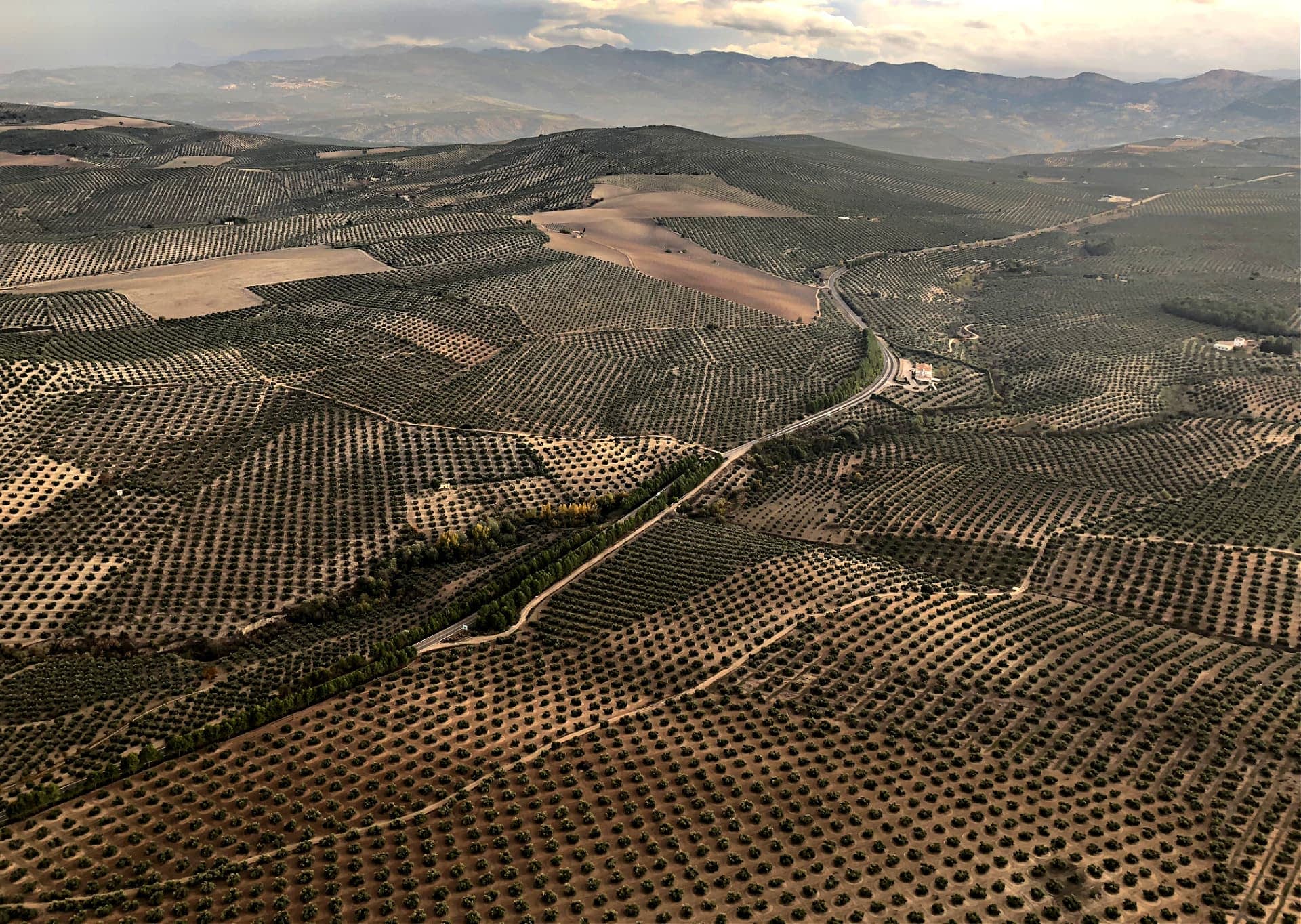Future Lies in Specialized, Sustainable Production, Deoleo CEO Says
According to Ignacio Silva, specialization is key to the survival of traditional producers, and the whole sector must modernize to thrive.
Since he was appointed Deoleo’s chief executive, Ignacio Silva has managed to turn the fortunes of the world’s largest olive oil bottler around.
With a portfolio that includes some of the world’s most popular olive oil brands – Bertolli, Carapelli and Carbonell – Deoleo was saddled with debt and struggling to pay it off when Silva arrived in April 2019.
The problem with olive oil is that there is a year that some earn and another year that others earn, but the chain does not generate value in a sustainable way, and we have to solve that.
However, in the two and a half years since his arrival, Silva spearheaded efforts that significantly reduced deficits and boosted Deoleo’s sales.
See Also:CEO of Largest Olive Oil Company Says the Industry’s Business Model is BrokenThe company’s resurgence has allowed the former Unilever and Schweppes Suntory executive to begin plotting the future trajectory of Deoleo, addressing some of the most pressing issues facing the global olive oil sector.
One of the strategies Silva employed was to stop viewing Deleo as a single global company and begin focusing on individual markets.
“Most decisions are made in local markets, at the price level, at the promotion level and the brand positioning level,” Silva told Olive Oil Times.

Ignacio Silva
Taking tailored approaches to each market is becoming increasingly important as the sector inches away from traditional olive harvesting in Greece, Italy and Spain to high-density and super-high-density harvesting in North Africa, Turkey, South America, Australia and California.
“The map of production is changing,” Silva said. “The costs of collection and production in the traditional method, which is the majority of production that exists in Spain and other countries such as Greece, is infinitely higher than the cost of production of super-intensive or irrigated crops.”
Simply put, Silva believes that companies such as Deoleo need to adapt to this change.
It is easier said than done. Across southern Europe, there has been plenty of pushback against the modernization of olive groves.
Lobbying from Spain has helped enshrine traditional agricultural production as one of the three core tenants of the latest iteration of the Common Agricultural Policy.
While the future of olive oil production will be driven by the transformation to modern olive groves, Silva believes traditional harvesting done sustainably will remain an essential part of the global olive oil market.
“They produce a series of varieties that are very important in our blends,” Silva said. “We need varieties that do not live well in the intensive system, in the irrigated system, which are varieties that have much less stability, and therefore have a much shorter shelf life.”
“We have to continue supporting diversification and specialization in high mountain cultivation… in countries such as Spain, Italy and Greece,” he added. “We have to help them improve their productivity; we have to help them to modernize, to develop new varieties, varieties that are different and therefore special and have a differential value. We have to pay them more for that production.”
Silva said the promotion of traditional production and sustainability go hand-in-hand. In January, the company will announce its latest sustainable strategy. Among its goals is to help traditional producers become more profitable while following agricultural best practices.
“There are two solutions,” Silva said. “One is to change to a model similar to what Portugal has done, a partial solution. But I believe that there is another solution that has to do with sustainability and that the two have to go together.”
“That is, to defend the small producers, as long as they are able to modernize, digitalize and above all to diversify,” he added.
Regardless of the type of production, Silva sees the lack of technological modernization as something else that holds the olive oil sector back at all levels.
“I believe that the sector, in general, is a fairly old-fashioned sector, with outdated practices and therefore using digitization, for example, to control the production process and control traceability, are very relevant aspects,” he said.
Silva cited the use of technology to anticipate harvests as something that would help revolutionize the sector.
He said Deoleo is working with the University of Córdoba on technology to help producers anticipate how much olive oil they will produce at the beginning of the crop year instead of finding this out in December or January.
Silva argues that this would help producers plan for the future by anticipating prices at origin and quality.
Along with improving profitability for farmers, Silva argues the sector needs to add value to the entire olive oil supply chain. He said this would stop the commoditization of olive oil, which emphasizes production at the lowest possible costs and often sees quality as collateral damage.

Jaén, Spain (Photo: Hannah Howard for Olive Oil Times)
However, doing this requires companies to focus more on consumers and less on their preconceived notions of what people should want in an olive oil.
“What the company has to do is put the consumer at the center of all our decisions and try to satisfy their needs,” he said. “This way, I believe that we will achieve more sustainable development of the category than we have so far.”
Silva repeated what olive oil producers of all sizes from all over the world have told Olive Oil Times, which is the need to educate consumers about the differences between “good” olive oil and “bad” olive oil and why one is worth more money than the other.
“I think there is a lot of work to be done there,” Silva said. “I believe that one of the errors that the category has had in recent years is that it has not been transparent with the consumer, and that is something that we are now paying for in countries such as Spain.”
Silva said the new legislation in Spain governing olive oil quality and standards is a step in the right direction but could have been stronger.
The legislation includes a series of traceability requirements for bulk olive oil shipments, tighter control on how the terms “virgin” and “extra virgin” may be used and a crackdown on blending olive oils from different crop years.
One element of the current olive oil market that the new legislation failed to address but Silva insists must be reformed was the role of tasting panels in determining olive oil quality.
“The tasting panel was created to give consumers security, to guarantee that the product they consume is a high-quality product, and above all, it is a product that is exactly what the bottle says,” Silva said.
“Now, I think it is not the best tool,” he added. “It is a tool that gives bottlers legal insecurity because we control only part of the chain.”
“The quality of the oil has to do with the collection method, with the way the product is cared for at the source, how we bottle it and, above all, how it is stored and cared for at the point of sale,” Silva continued. “Therefore, we cannot be held responsible for the entire chain, being only partly responsible for one part.”
The controversy over the role of tasting panels has long been an issue in Spain. Supporters of the tasting panel said they are “a fundamental instrument” to ensure quality.
Detractors argue that it is an antiquated method that heaps legal risk on bottlers, exporters and retailers. In 2018, an audit from PricewaterhouseCoopers called sensory panel evaluations “an inappropriate quality control mechanism that violates the most elemental principles of the Spanish legal system, and gravely harms the public and the olive oil industry.”
For his part, Silva said the lack of consistency from tasting panels generates insecurity in the industry. He wants to see more agency at every step in the olive oil sector, from farmers to retailers.
“I believe that the tasting panel has to be replaced by something that bottlers themselves have to take a step forward, offer, anticipate and regulate,” he said. “We have to put an alternative method to the tasting panel that ensures that it guarantees quality to consumers, but that it does not use subjective systems.”
While Silva acknowledges plenty of challenges face the olive oil sector, he is optimistic that the millennia-old crop can continue to provide a decent living to everyone involved in its production and commercialization.
Despite warnings that high prices hurt exporters, Silva said that olive oil is as valuable as people believe it to be. For everyone in the sector to prosper, they must take this approach.
“I think the [profit] margin issue has to do with the value we place on the product,” he said. “If we do not value the product and find extra virgin oils of dubious quality for €3, it is impossible for the chain and all its agents to earn money.”
“The problem with olive oil is that there is a year that some earn and another year that others earn, but the chain does not generate value in a sustainable way, and we have to solve that,” he concluded.








